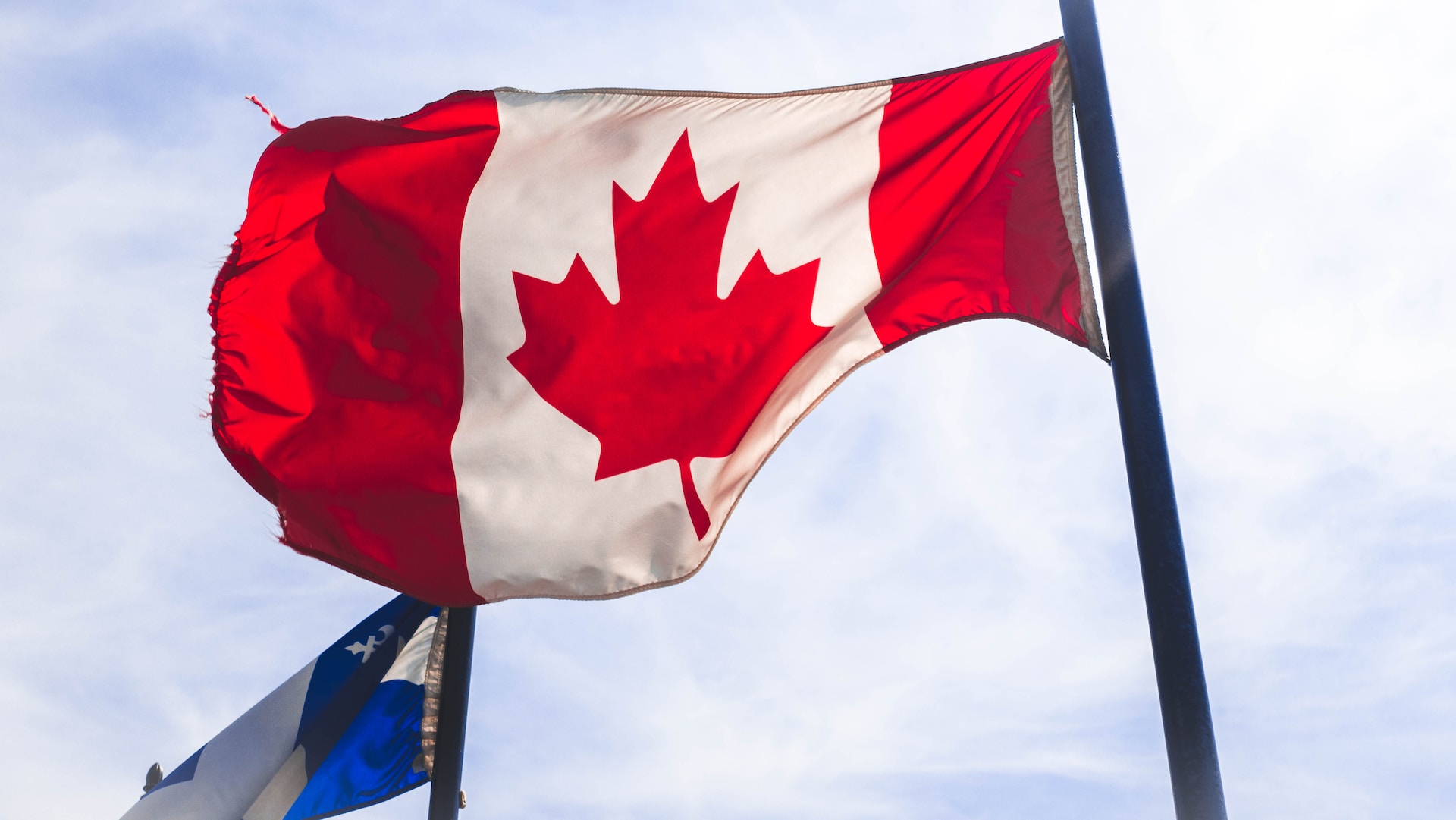For over 150 years, the Indian Act has been a source of controversy and pain for Indigenous peoples in Canada. The Act was first introduced in 1876 and has been amended numerous times since then. It was originally designed to assimilate Indigenous peoples into the Canadian society and to control their lives and resources.
Today, the Act continues to have a profound impact on the health and well-being of Indigenous peoples in Canada.
The Indian Act and Health
The Indian Act has had a significant impact on the health of Indigenous peoples in Canada. For many years, the Act denied Indigenous peoples access to adequate healthcare and nutrition. It also prevented them from practicing their traditional healing methods and ceremonies. As a result, Indigenous peoples experienced high rates of illness, malnutrition, and disease.
Access to Healthcare
One of the most significant ways the Indian Act has impacted the health of Indigenous peoples is through limited access to healthcare. The Act initially provided Indigenous peoples with limited access to healthcare services, and the quality of the available healthcare was often substandard.
Over time, the situation has improved somewhat, but many Indigenous peoples still do not have access to adequate healthcare.
In 2015, the Truth and Reconciliation Commission (TRC) released a report that highlighted the significant health disparities that exist between Indigenous and non-Indigenous peoples in Canada. The report found that Indigenous peoples have higher rates of chronic diseases, such as diabetes and heart disease, and lower life expectancies than non-Indigenous peoples.
The report also noted that Indigenous peoples had limited access to mental health services and that they experience higher rates of mental health issues than non-Indigenous peoples.
Traditional Healing
The Indian Act has also impacted Indigenous peoples’ ability to practice their traditional healing methods and ceremonies. Traditional healing practices are an essential part of Indigenous cultures and are often integral to maintaining balance and harmony between individuals, communities, and the natural world. However, the Indian Act prohibited Indigenous peoples from practicing traditional healing methods and ceremonies until 1951.
While the Indian Act no longer prohibits traditional healing practices, many Indigenous peoples still face barriers to accessing these services. For example, many traditional healers are not recognized by mainstream healthcare systems, and public health insurance plans do not cover their services. As a result, many Indigenous peoples cannot access the traditional healing methods that they need to maintain their health and well-being.
The Impact of Colonialism
The Indian Act is a product of colonialism, which has had a long-lasting impact on Indigenous peoples’ health and well-being. Colonialism has disrupted Indigenous peoples’ ways of life, including their food systems, their relationships with the land, and their cultural practices. These disruptions have had significant negative impacts on Indigenous peoples’ health and well-being.
For example, the Indian Act prohibited Indigenous peoples from hunting, fishing, and trapping, essential food sources for many Indigenous communities. As a result, many Indigenous peoples were forced to rely on government-provided food, which was often nutritionally inadequate. This led to high rates of malnutrition and disease among Indigenous communities.
The Indian Act also disrupted Indigenous peoples’ relationships with the land, which are essential to their physical, mental, and spiritual health. The Act prevented Indigenous peoples from accessing their traditional territories, which disrupted their ability to engage in traditional hunting, fishing, and gathering practices.
Moving Forward
The Indian Act has had a profound impact on the health and well-being of Indigenous peoples in Canada. However, some steps can be taken to address the Act’s negative impacts and to support Indigenous peoples’ health and well-being.
One of the most important steps that can be taken is to support Indigenous self-determination. This means recognizing Indigenous peoples’ inherent right to self-governance, including the right to control their healthcare systems and to practice their traditional healing methods and ceremonies.
Another important step is addressing the legacy of colonialism and the ongoing impacts of racism, discrimination, and marginalization. It also means taking action to address the social determinants of health, such as poverty, housing insecurity, and food insecurity, that disproportionately affect Indigenous peoples.
Final Thoughts
The Indian Act has had a significant impact on the health and well-being of Indigenous peoples in Canada. However, by supporting Indigenous self-determination and addressing the root causes of Indigenous health disparities, we can work towards creating a more just and equitable society for all.
To learn more about Indigenous affairs, check out Janet Sheriff and her Canadian executive leadership blog. Explore our articles, videos, and podcasts now!

